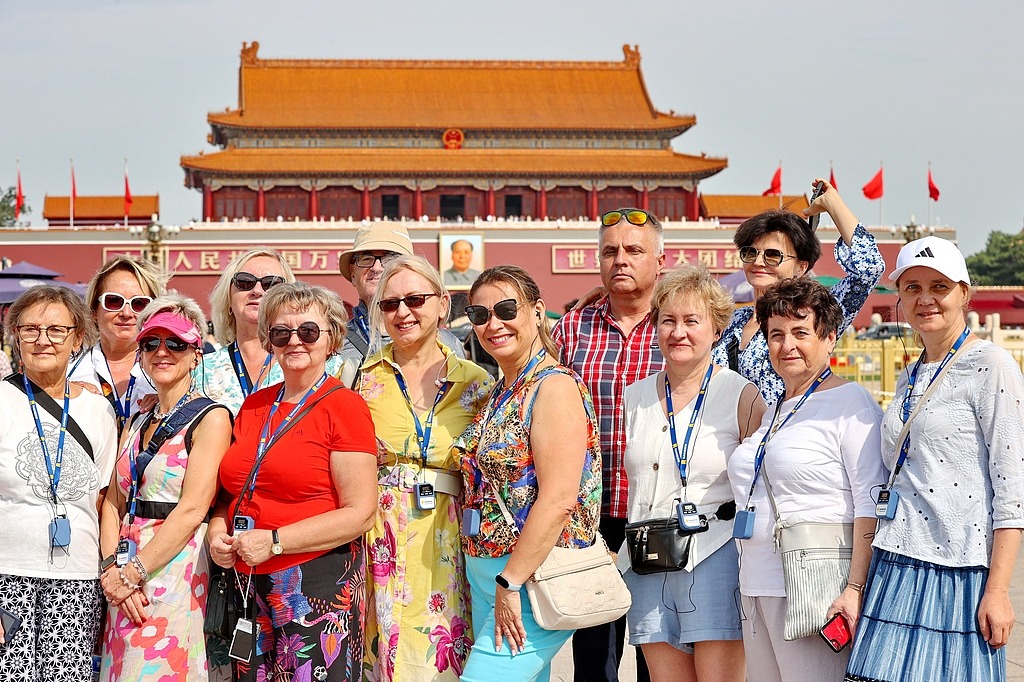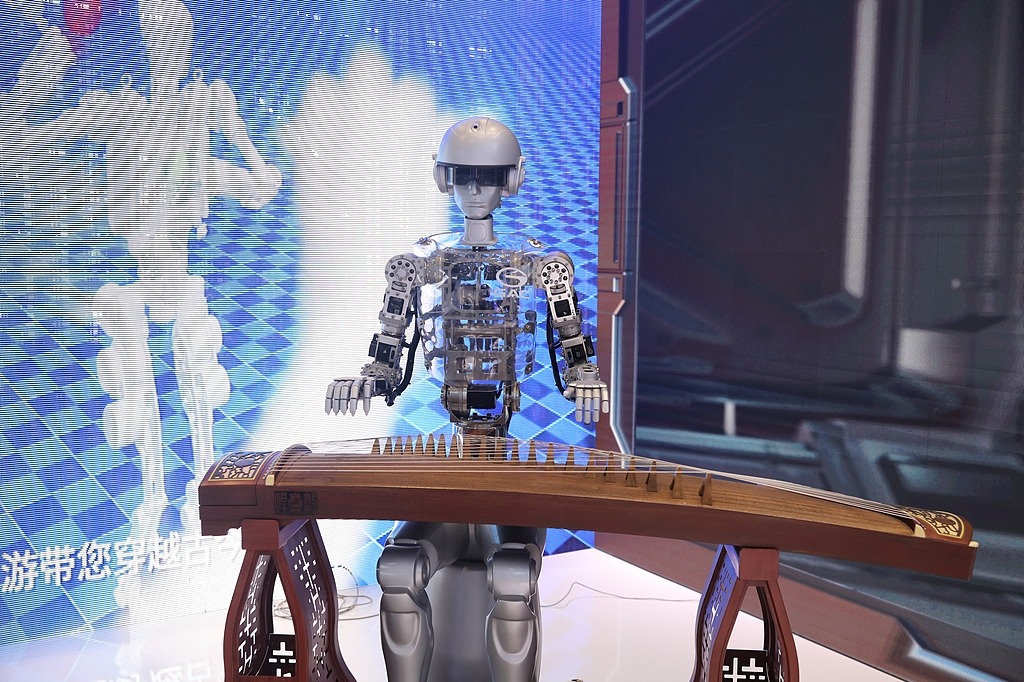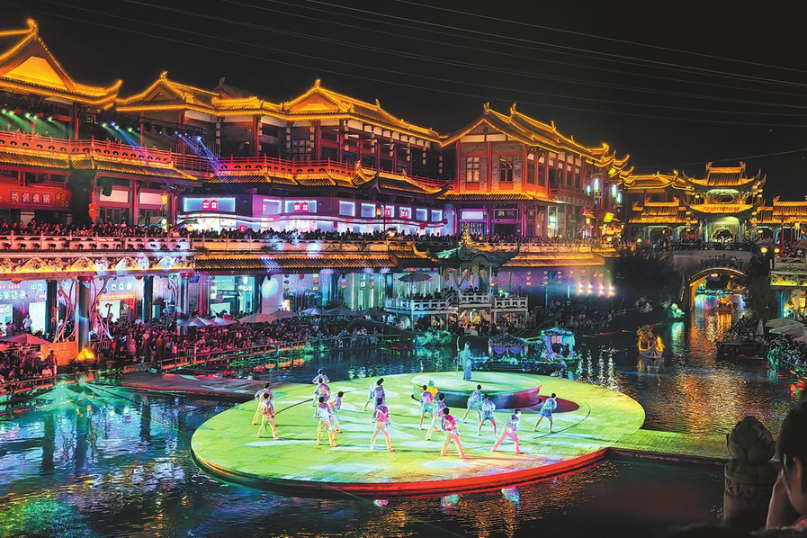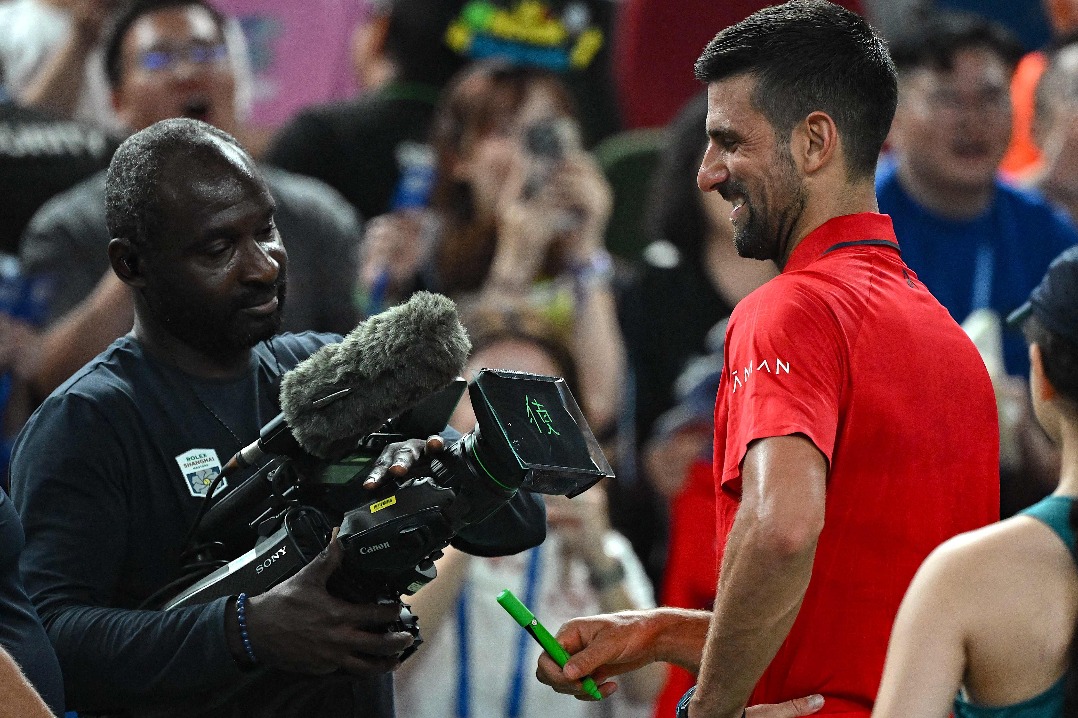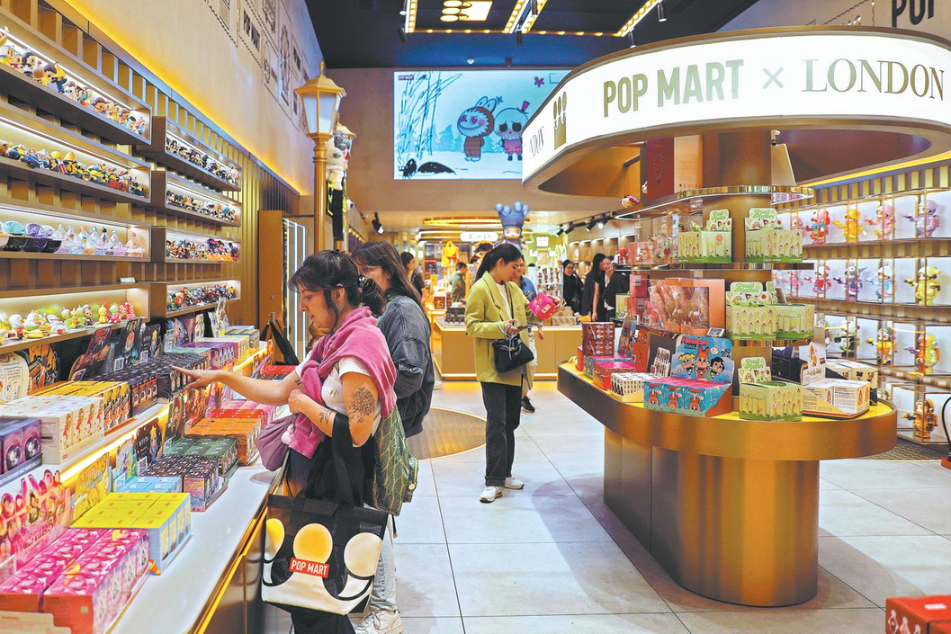Closed-loop system for recycling batteries in China set up by BMW
By ZHANG DANDAN | China Daily | Updated: 2022-05-30 09:04
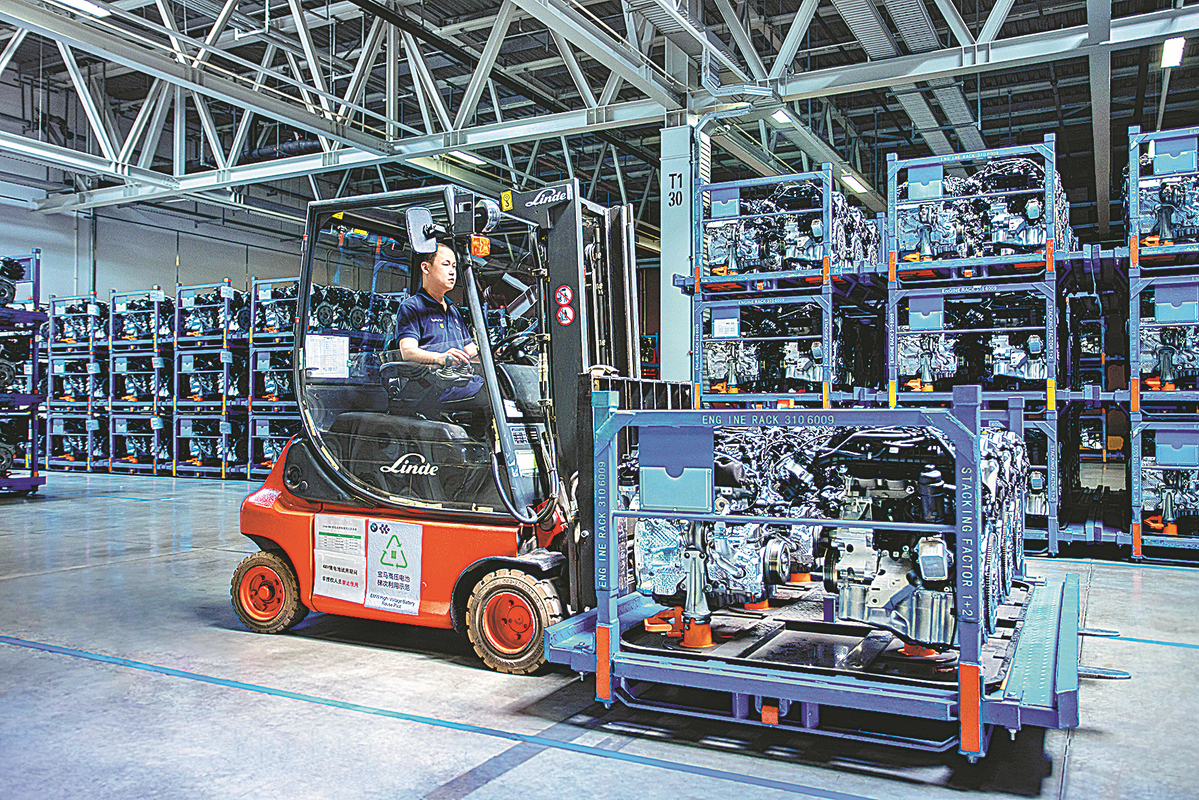
BMW said it will take the lead in realizing closed-loop recycling of China-made electric vehicles' power batteries after the German automaker announced its partnership with Huayou, a tech company specializing in battery recycling based in Zhejiang province, on Wednesday.
According to the bilateral agreement, BMW and Huayou will cooperate in power battery recycling and reuse in an echelon network, which is expected to be conducive to ecological conservation and the improvement of resource utilization rates.
Reuse in an echelon network, along with disassembling and recycling, are among the prominent methods for recycling obsolete power batteries. The retired batteries with high residual capacity can be used in the fields of energy storage and low-speed EVs. For discarded batteries that do not meet standards for reuse, they can be disassembled to recycle core materials such as nickel, cobalt and lithium that can then be used in the production of new power batteries.
Power batteries contain a variety of heavy metal elements that if not properly treated will cause environmental pollution. They can also contribute to a large waste of precious raw material resources when not properly treated.
Under the agreement, BMW and Huayou will cooperate to disassemble discarded power batteries and extract core raw materials through Huayou's advanced green metallurgy technology.
The recycled materials, including nickel, cobalt and lithium, will be provided to BMW's battery suppliers to produce new power batteries and achieve a closed-loop management of power battery raw materials.
This move will help reduce carbon emissions from mineral resource extraction by 70 percent and substantially reduce the life cycle carbon footprint of power batteries, according to BMW.
Jochen Goller, president and CEO of BMW Group Region China, said that increasing the use of recycled materials and reducing dependence on rare raw materials can help cut the cost of raw material procurement and maximize the ecological and economic benefits.
With the rapid development of China's EV market since 2015, the automobile power battery industry has ushered in rapid growth. Based on the average service life of an automobile power battery, EVs sold during the past few years will enter the retirement.
Statistics from the China Automotive Technology and Research Center show that discarded power batteries in China will reach 780,000 metric tons by 2025.
In face of the surging price of power battery raw materials since 2021, the recycling and utilization of large quantities of waste power batteries are expected to help relieve the supply bottleneck and suppress the price of raw materials.
By the end of 2021, 173 enterprises had set up a total of 10,127 recycling service outlets in 31 provinces and municipalities, according to the Ministry of Industry and Information Technology.
However, experts said the recycling channels of power batteries mainly include small recycling companies and government recycling centers. As the recycling standard is not unified, the market is scattered and a large number of illegal enterprises take a market share.
BMW Brilliance and Huayou's exploration in the field of power battery recycling will not only help BMW further reduce the average carbon emissions of the entire life cycle of an automobile, but also help improve the business model of power battery recycling and reuse together with its suppliers, which is conducive to the sustainable development of the domestic power battery industry, said Franz Decker, president and CEO of BMW Brilliance Automotive.
- Xi's trips to Washington state deepen ties, knowledge
- Ukrainian president Zelensky visits frontline in Kharkiv
- Bachelet's trip enhances understanding of country's human rights development
- 1 killed, 7 injured in outdoor festival shooting in US Oklahoma
- One-China principle brooks no obfuscation: China Daily editorial





